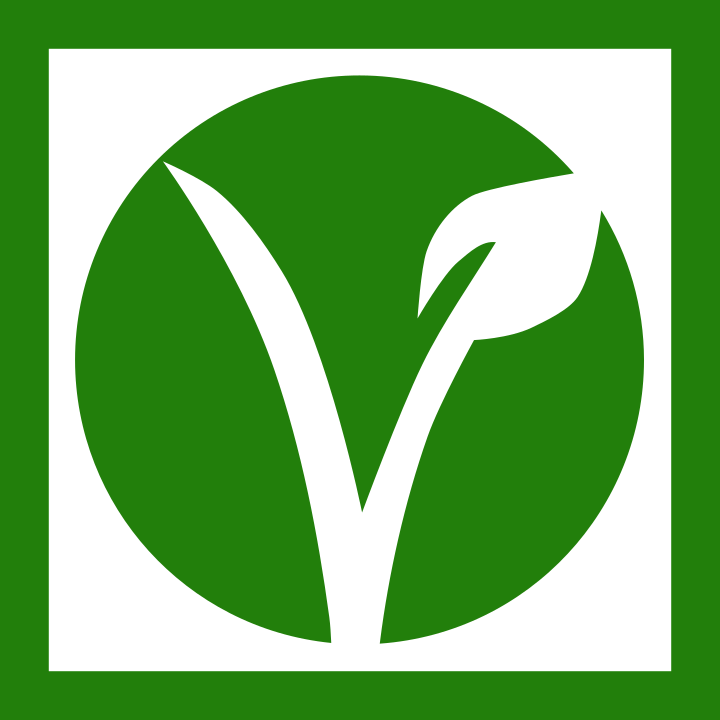I had to look up eutrophication so here’s some info on it for anyone else that’s wondering what that means.
“Eutrophication is the process by which an entire body of water, or parts of it, becomes progressively enriched with minerals and nutrients, particularly nitrogen and phosphorus.”
Cows and Agriculture runoff are HUGE eutrophication sources- I live near the Twin cities and if you look at the confluence of the Minnesota river (which runs through lots of farmland) and the Mississippi (which runs through less) you can see a literal line in the water where they come together because there’s so much sediment and debris from runoff in the Minnesota.
I recommend saving this chart for the next time somebody tells you almond milk is bad for the environment 😆
Well, it’s #2 on freshwater usage so it’s not like it’s exactly perfect.
Usually saying almond milk is bad for the environment is used as a reason to keep drinking cow milk
“It tastes awful” is a way better excuse
AND when you’re done making the almond milk you can make a few hundred pounds of steaks!
This makes me want to drink water.
Would be interesting to have goat milk and cow milk separately.
In case anyone needs to hear it: If you drink plant milk then this chart says you should feel good about yourself! You don’t have to super-duper optimize to two decimal places by forcing yourself to drink a plant milk you don’t like. Good work :)
Would be interesting to have goat milk and cow milk separately.
Not sure if this is a credible source, but it sounds reasonable. They go into 10 milk type products in the article. Here’s the info on goat milk.
From Brightly
Goat’s Milk
Impact on the Environment: Higher Carbon Emissions When Accounting for Transportation
Impact on Natural Resources: Take Up Less Space And Water Than Cows
Goats produce dairy milk that shares many of the same environmental impacts as cows and other livestock―habitat destruction, water use, and carbon emissions. Goat’s milk is not significantly better for the environment than cow’s milk, especially in comparison to non-dairy, plant-based alternatives. However, it does have a few advantages over cow’s milk.
Goat farming requires less water and land than cattle farming, and they produce less manure―presenting a low threat to nearby water sources. Additionally, the goat farming industry is considerably smaller than that of cow’s, and thus is primarily absent from mass-milking operations and large agribusiness corporations.
So DIY goat milk is the most sustainable animal source?
Let me start by saying I am not a dairy farmer, and we’re discussing non-vegan things on a vegan space, so I want to respect this is their space and not get into too deep a discussion about this here.
I come to these spaces to try to learn to be more vegetarian/vegan. My personal feelings come from an ecology basis though, not a moral one like many here. I feel education is the way to promote these things, so I found some links with solid sounding data comparing water consumption between cows, goats, and sheep.
To stay on topic for this post, all are still worse ecologically than plant derived sources.. For your question though, sheep may beat out goats depending on what aspects you value most, but it’s a very well researched and detailed field of study if you are interested. Big Ag means Big Data.
Anyway, here are your links, and to everyone else, I hope this is a respectful response, and if not, I will take the post down.
MILK SHOWDOWN: COW VS. SHEEP VS. GOAT
Not to mention the emissions after consumption.
The main counterarguments I’m aware of are “I prefer cow milk” and the health benefits of animal protein.
Gonna ride that sweet cheese train to our demise
What’s your favorite cheese? Mine is dill havarti.
I like a nice wenseleydale with raspberry.
Fancy. I haven’t tried it, but it doesn’t sound like it’s for me. I have a hard line in my pallet between sweet and savory and cheese lands firmly in the savory camp. But I respect your preference.





